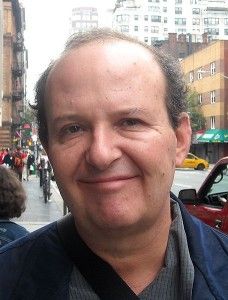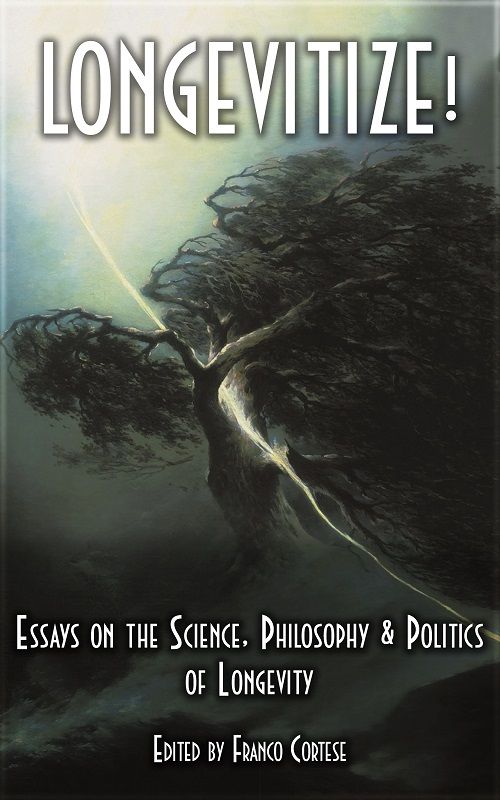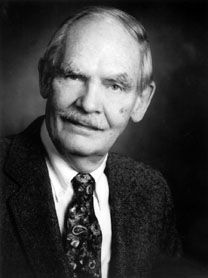Sep 16, 2013
Is Bitcoin the Beginning of the End?
Posted by John Mardlin in categories: bitcoin, human trajectories
The following dystopian vision of the future was just shared with my by a friend:
…“What is a Citadel?” you might wonder. Well, by the time Bitcoin became worth 1,000 dollar, services began to emerge for the “Bitcoin rich” to protect themselves as well as their wealth. It started with expensive safes, then began to include bodyguards, and today, “earlies” (our term for early adapters), as well as those rich whose wealth survived the “transition” live in isolated gated cities called Citadels, where most work is automated. Most such Citadels are born out of the fortification used to protect places where Bitcoin mining machines are located. The company known as ASICminer to you is known to me as a city where Mr. Friedman rules as a king.
In my world, soon to be your world, most governments no longer exist, as Bitcoin transactions are done anonymously and thus most governments can enforce no taxation on their citizens. Most of the success of Bitcoin is due to the fact that Bitcoin turned out to be an effective method to hide your wealth from the government. Whereas people entering “rogue states” like Luxemberg, Monaco and Liechtenstein were followed by unmanned drones to ensure that governments know who is hiding wealth, no such option was available to stop people from hiding their money in Bitcoin.
Source: http://www.reddit.com/r/Bitcoin/comments/1lfobc/i_am_a_timet…re_to_beg/













